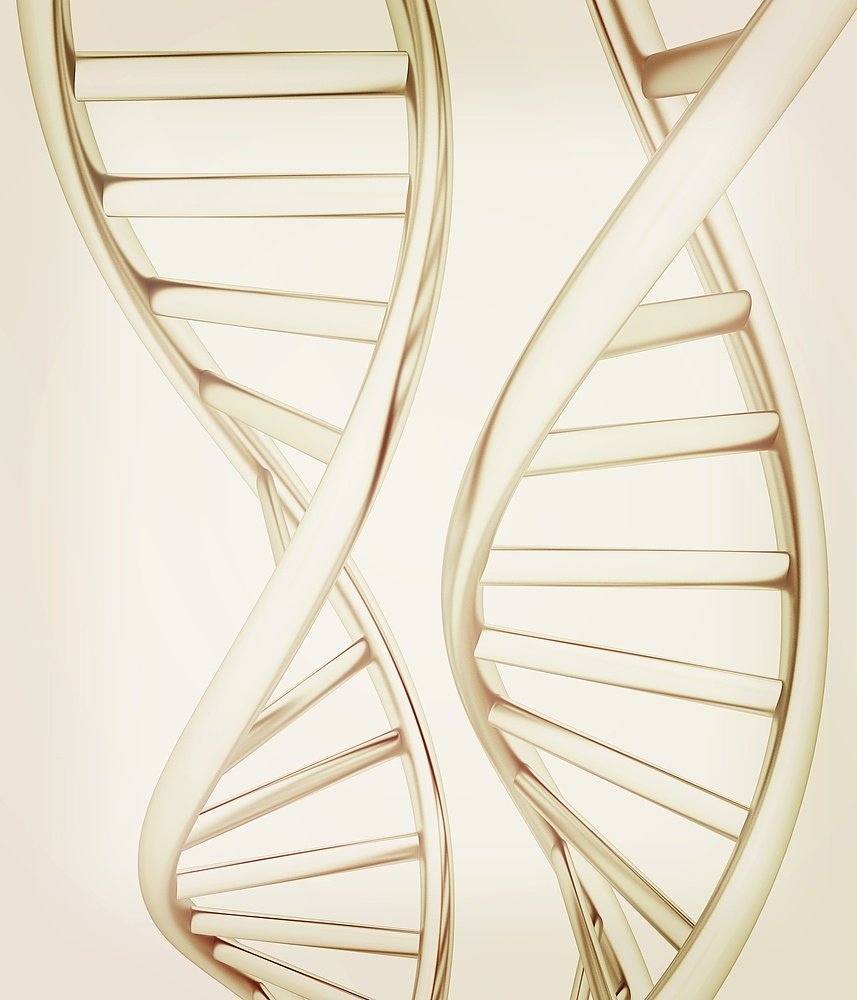
Last week the U.S. Food and Drug Administration cleared personal genomics company 23andMe to sell 10 genetic tests directly to consumers, with no intermediary physician required. For a company that once offered dozens of such tests to its customers, this could seem like a very small victory. But for the consumer genomics field as a whole, it’s a much-needed breakthrough.
23andMe was formed in 2006 to capitalize on the still-nascent field of genomics by scanning customers’ DNA (via a little vial of their spit) and providing information about genes or variants associated with certain traits, diseases, or risk factors. Consumers who signed up could find out whether they had genes that made them more likely to avoid bitter-tasting food, be night owls, or have wet earwax. What got the FDA interested, though, was that 23andMe consumers could also learn whether they were more likely to develop heart conditions, cancer, dementia, and more.
By 2013, the FDA cracked down, arguing that any health-related information the company provided amounted to a medical test that hadn’t been reviewed by the agency. 23andMe was required to stop selling these tests, and for the next several years could only reveal ancestry-related or other non-medical DNA data to its users. In 2015, the first glimmer of hope came with FDA’s clearance of a carrier test for Bloom syndrome, which gave 23andMe its first approved foothold in health territory.
Now, the agency has authorized 23andMe to market 10 tests, to indicate things ranging from celiac disease to blood clot proclivity to Parkinson’s (here’s the full list). The announcement was important for a few reasons. One was the pathway to FDA approval: unlike more heavily-regulated diagnostics—the kind you’d expect to be run in a clinical lab and to lead directly to treatment decisions—the 23andMe tests were reviewed through a special FDA category for first-of-a-kind submissions. That allowed the agency to come up with new criteria for assessment, so it could review direct-to-consumer genetic tests without requiring them to meet the same standards as a hospital-grade diagnostic platform. The FDA also announced that it will grant exemptions to future 23andMe tests, so the company can release new reports to customers without jumping through the same hoops all over again. (Other consumer genomics companies would be eligible for the same exemption after going through the regulatory process that 23andMe just completed.)
“By establishing special controls and eventually, a premarket review exemption, the FDA can provide a streamlined, flexible approach for tests using similar technologies to enter the market while the agency continues to help ensure that they provide accurate and reproducible results,” said FDA’s Jeffrey Shuren, director of its Center for Devices and Radiological Health, in a statement.
This was a critical step in establishing a consumer-driven marketplace for genomic information. But the real payoff will come down the road, as consumer demand grows strong enough to eventually get such tests out of the FDA’s jurisdiction entirely. The primary reason healthcare has not yet been disrupted by the digital revolution is regulation; the FDA and other agencies make it next to impossible for faster, better, and cheaper advances to take hold the way they do in other industries.
The FDA is essential for ensuring the safety and efficacy of medications, but its role is less clear when it comes to regulating services that provide basic health-related information without any associated treatment. Smartphone apps and wearables that can track our blood pressure, heart rate, and other health factors are already generating an enormous amount of potentially useful data without FDA intervention. With the release of this first tranche of genetic information—in a way that FDA felt comfortable with—more health-related data can now flow directly to consumers, who will inevitably over time want to learn more and more. “It’s a defining moment—giving individuals direct access to more information about how their DNA could impact their health,” 23andMe CEO Anne Wojcicki wrote in a letter to customers.
Eventually, it seems likely that there will be so much momentum it will be impossible for regulatory agencies to stand in the way of consumers who simply want the freedom to monitor their own biology.
FDA Greenlights 23andMe and Opens New Era for Consumer DNA Info
It was a much-needed breakthrough when the FDA last week OK'd personal genomics company 23andMe selling genetic tests directly to consumers. In 2013 the agency had banned the startup from releasing disease-related information. Now we should finally see a consumer-driven marketplace for genomic data.
















